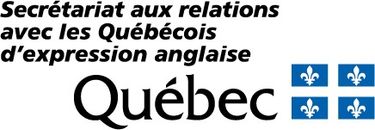Research Associate, QUESCREN
Affiliate Assistant Professor,
School of Community and Public Affairs, Concordia University
October 2019
Role within QUESCREN
I create opportunities for people to produce or hear about research on English-speaking Quebec, including publications and conferences, and I help disseminate information through our newsletter and online tools. I also carry out research projects of my own, and participate on projects run by others.



